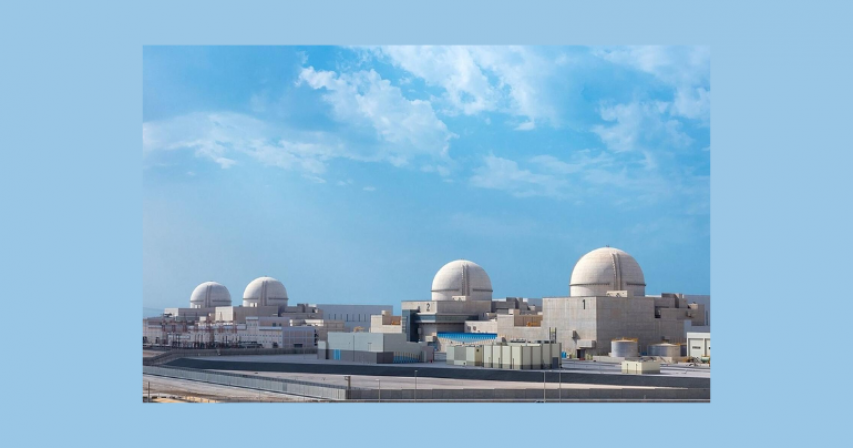UAE's Nuclear Expansion: Strategies and Commitments

The Federal Authority for Nuclear Regulation (FANR), the regulatory body overseeing the nuclear sector in the UAE, is proactively developing strategies to accommodate more nuclear reactors, according to a top official in Abu Dhabi.
The Barakah Nuclear Energy Plant, located in Abu Dhabi's Al Dhafra region, is nearing the completion of its fourth and final unit. Expected to commence commercial operations by mid-year, this facility will play a significant role in meeting up to 25 percent of the UAE's electricity demands once fully operational. Notably, it will be the first multi-unit operating plant in the Arab world, expected to prevent over 22 million tonnes of carbon emissions annually, equivalent to removing 4.8 million cars from the roads.
During COP28, the UAE was among 22 countries committing to tripling global nuclear capacity by 2050 as part of the transition to achieving net-zero emissions. In November 2023, the Emirates Nuclear Energy Corporation (ENEC) launched the ENEC Advance program to evaluate the latest technologies in advanced, small modular reactor, and micro-reactor categories.
Christer Viktorsson, Director-General of FANR, emphasized that while decisions on new reactors rest with the UAE Government, the regulatory body is preparing for such eventualities. He stated, "We are ensuring that we are ready if the government wants to build more nuclear power plants, big or smaller ones."
Acknowledging the global momentum to increase the role of nuclear energy, Viktorsson highlighted FANR's proactive approach in developing future strategies aligned with government directives and considering emerging nuclear technologies like small modular reactors.
During COP28, ENEC signed agreements with various entities, including TerraPower, GE Hitachi, China National Nuclear Corporation, and Westinghouse, reflecting the UAE's commitment to advancing nuclear technology and deployment.
Viktorsson emphasized the importance of regulatory readiness in accommodating potential reactor expansions. FANR is analyzing staffing needs and competencies required for future deployments. The regulatory framework ensures compliance with safety standards and effective oversight of nuclear activities and radioactive sources in the UAE.
Collaboration with vendor countries is essential for licensing and deploying new technologies, as evidenced by past experiences with South Korea during the Barakah project. FANR is committed to maintaining robust regulatory processes and standards for future ventures.
As world leaders prepare to gather at a Nuclear Energy Summit in Brussels, the role of nuclear energy in addressing global challenges such as reducing fossil fuel usage, enhancing energy security, and promoting economic development will be highlighted.
In summary, FANR's proactive stance toward developing strategies for accommodating additional nuclear reactors underscores the UAE's commitment to sustainable energy solutions and its leadership in nuclear innovation and deployment.
By: Sahiba Suri





Comments